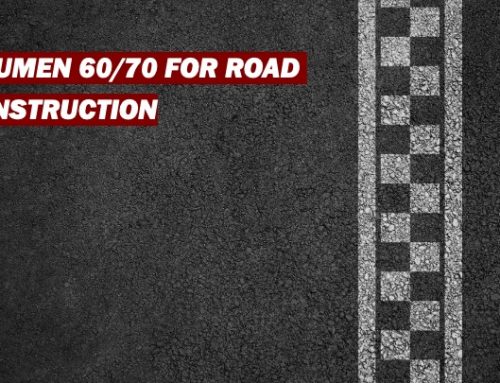Bitumen 60/70 quality test involves several standardized tests to ensure it meets the required specifications for construction and paving. Here are the common tests performed on bitumen 60/70:
Penetration Test:
Purpose: Measures the hardness or softness of bitumen.
Procedure: A standard needle is allowed to penetrate the bitumen sample under specific conditions (temperature, load, and time).
Result: The depth of penetration, measured in tenths of a millimeter.
Softening Point Test (Ring and Ball Test):
Purpose: Determines the temperature at which bitumen reaches a particular softness.
Procedure: A steel ball is placed on a bitumen sample contained in a brass ring, and the assembly is heated at a controlled rate. The temperature at which the bitumen softens and allows the ball to fall a specified distance is recorded.
Result: The temperature at which the bitumen softens.
Ductility Test:
Purpose: Measures the extent to which bitumen can be stretched before breaking.
Procedure: A bitumen sample is molded into a standard shape and pulled apart at a constant speed at a specified temperature until it breaks.
Result: The distance, in centimeters, to which the bitumen can be stretched before breaking.
Viscosity Test:
Purpose: Determines the flow characteristics of bitumen.
Procedure: Bitumen is heated to a specified temperature and allowed to flow through a capillary tube or orifice. The time taken for a specific amount of bitumen to flow through is measured.
Result: The viscosity, typically reported in Poise or Pascal-seconds.
Flash Point and Fire Point Test:
Purpose: Determines the temperatures at which bitumen emits vapors that can ignite and sustain combustion.
Procedure: Bitumen is heated in an open cup, and a flame is passed over the surface at intervals. The flash point is the temperature at which vapors ignite, and the fire point is the temperature at which the vapors sustain combustion.
Result: The flash point and fire point temperatures.
Specific Gravity Test:
Purpose: Measures the density of bitumen compared to water.
Procedure: A specific volume of bitumen is weighed and compared to the weight of an equal volume of water.
Result: The specific gravity value.
Loss on Heating Test:
Purpose: Determines the percentage loss in weight of bitumen when heated.
Procedure: A bitumen sample is heated at a specified temperature for a specified period, and the loss in weight is measured.
Result: The percentage loss in weight.
Solubility Test:
Purpose: Measures the purity of bitumen.
Procedure: Bitumen is dissolved in a solvent (usually trichloroethylene or toluene), and the insoluble material is filtered and weighed.
Result: The percentage of soluble bitumen.
These tests ensure that bitumen 60/70 meets the necessary standards for use in road construction and other applications.





Leave A Comment